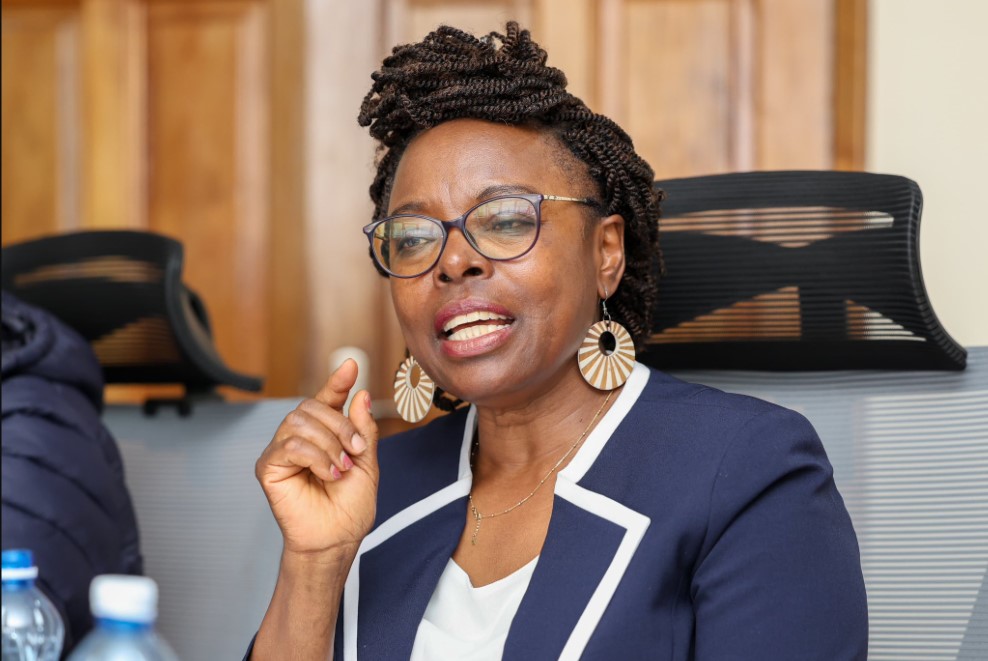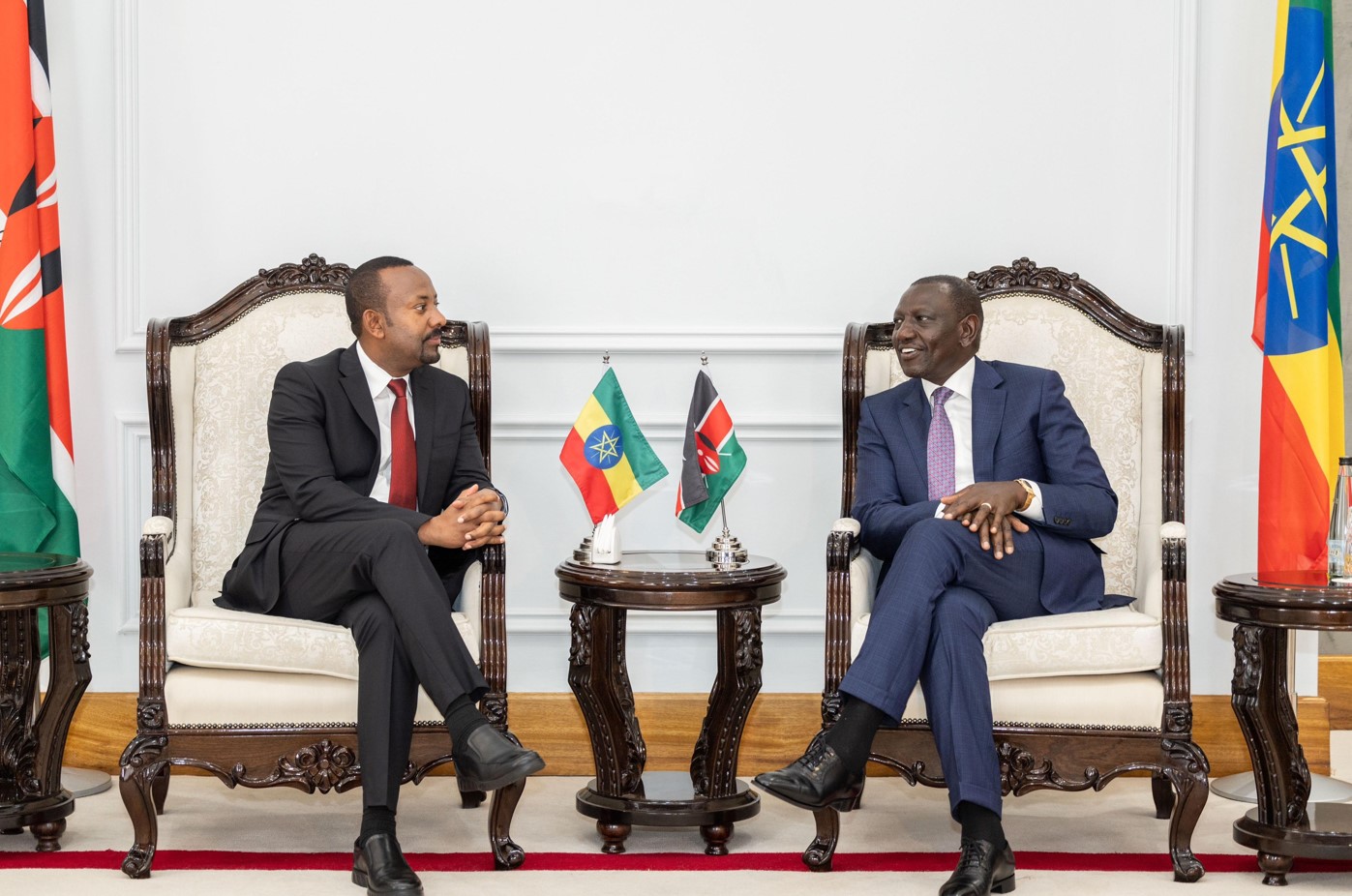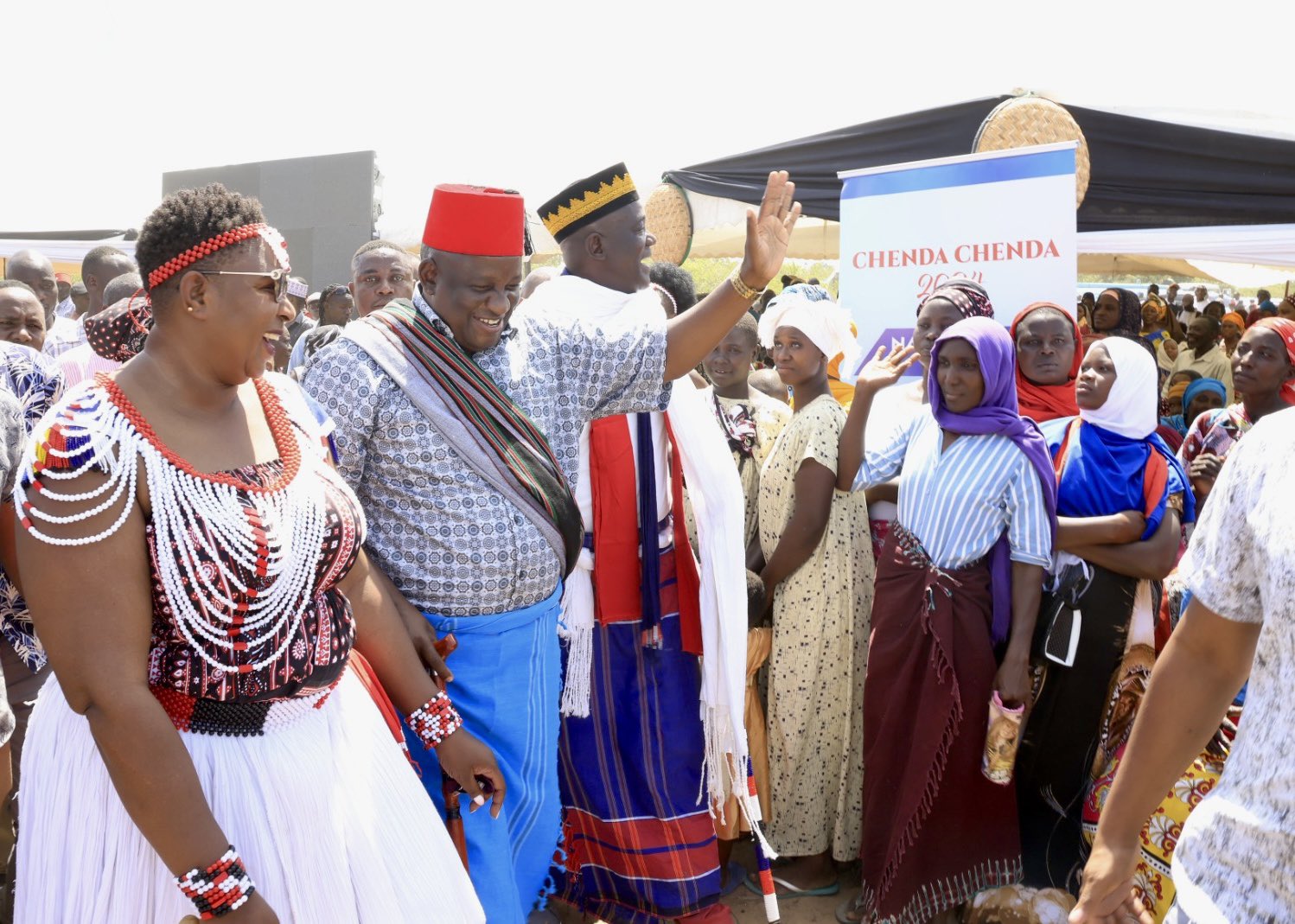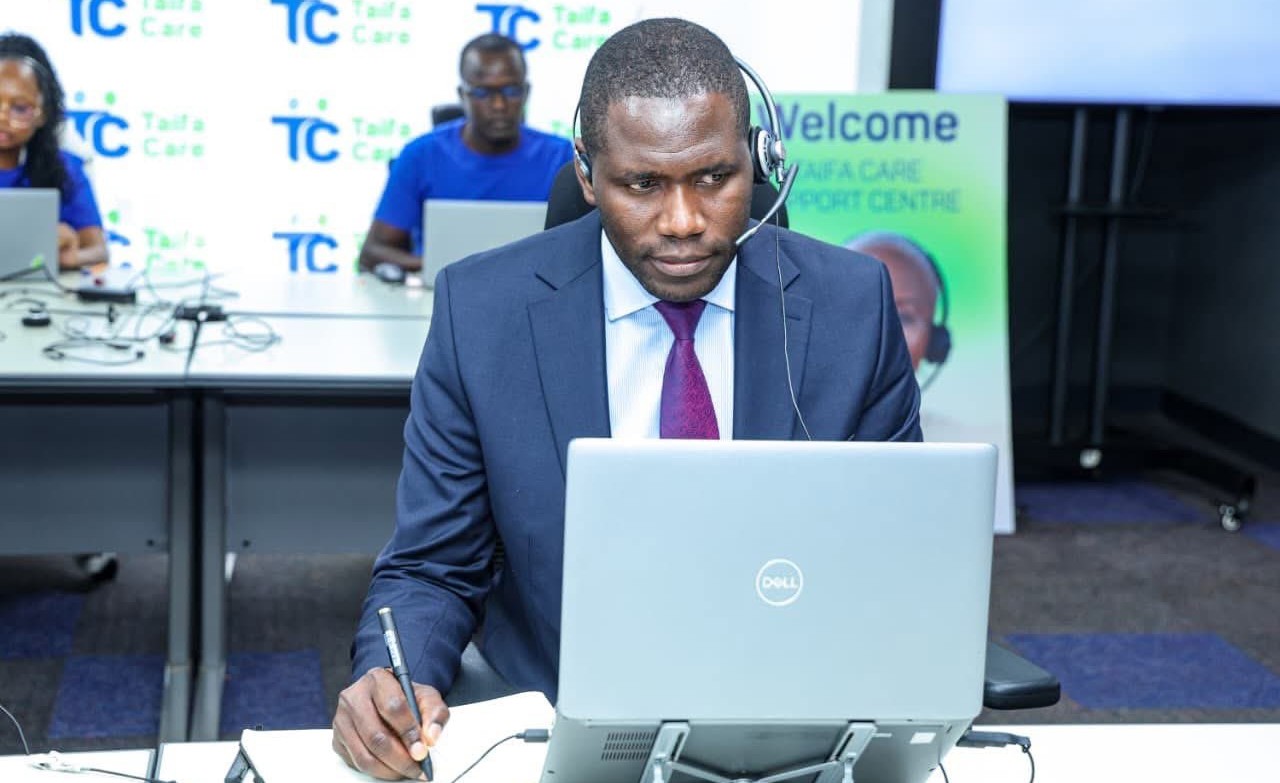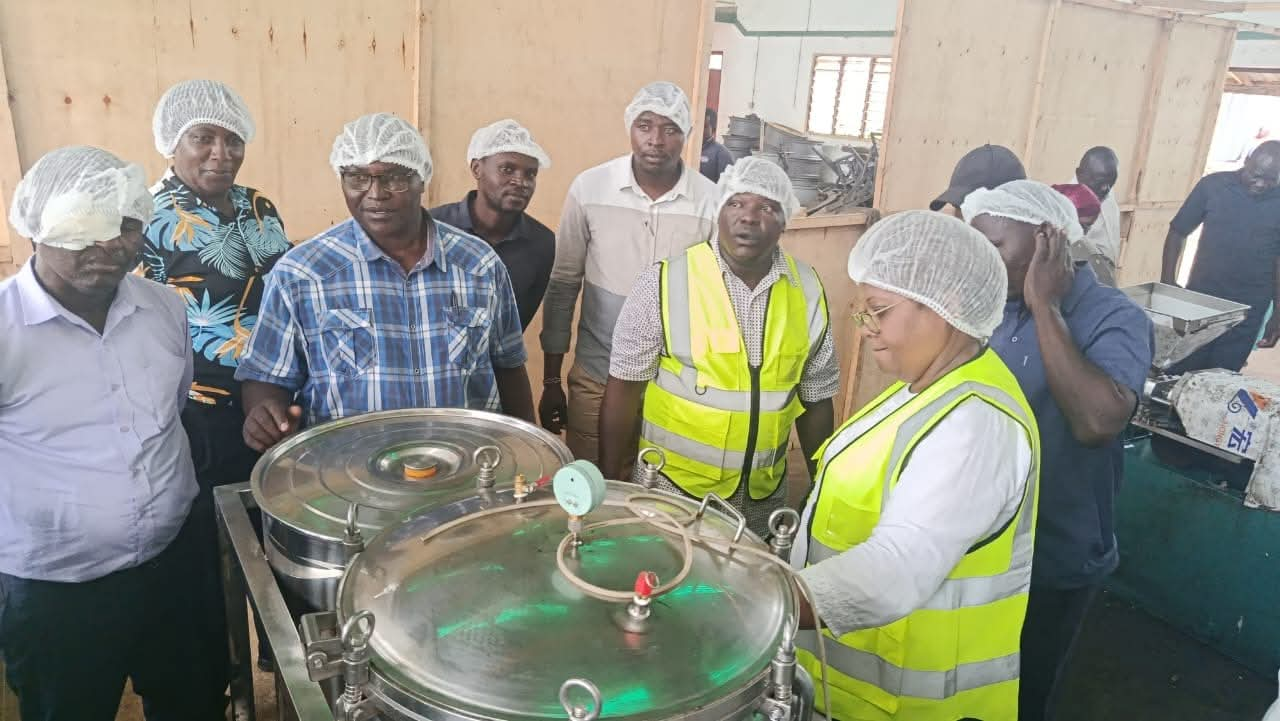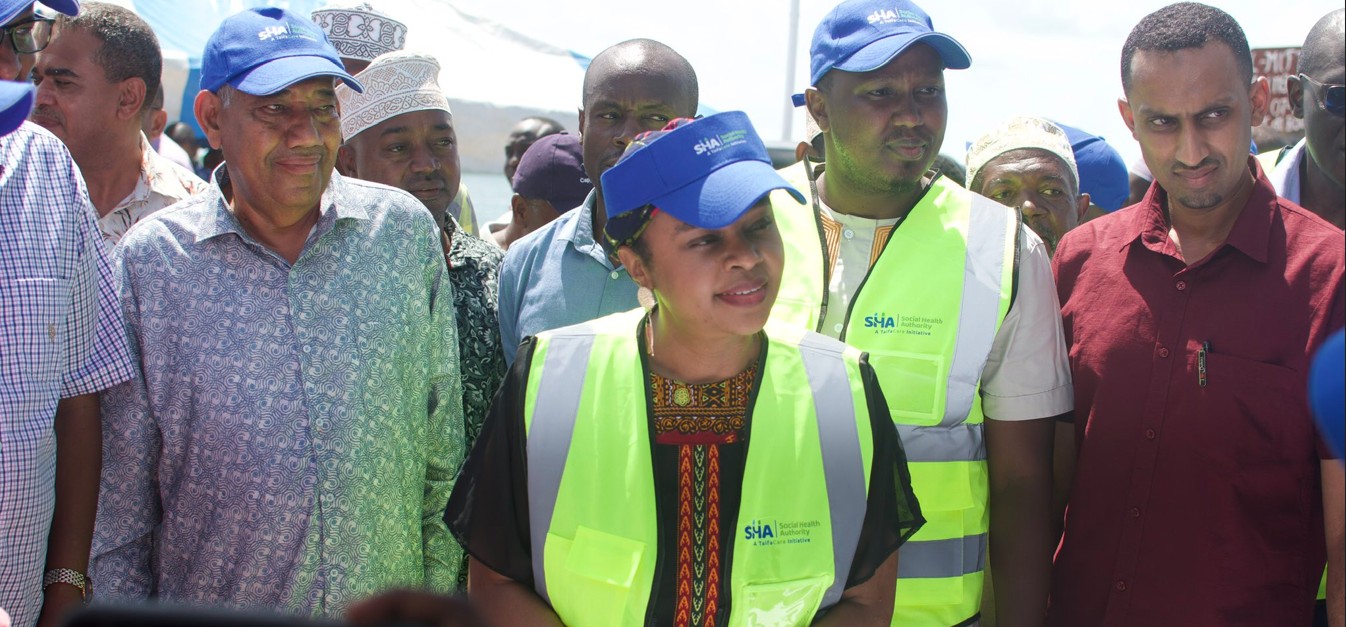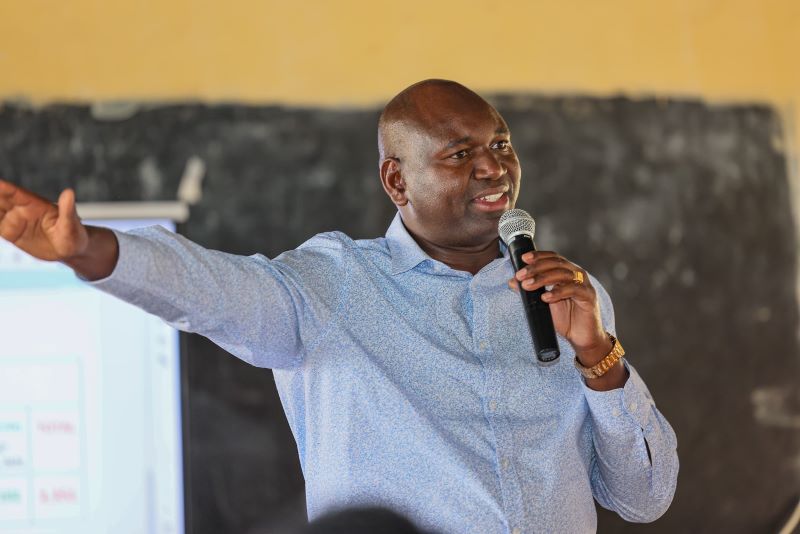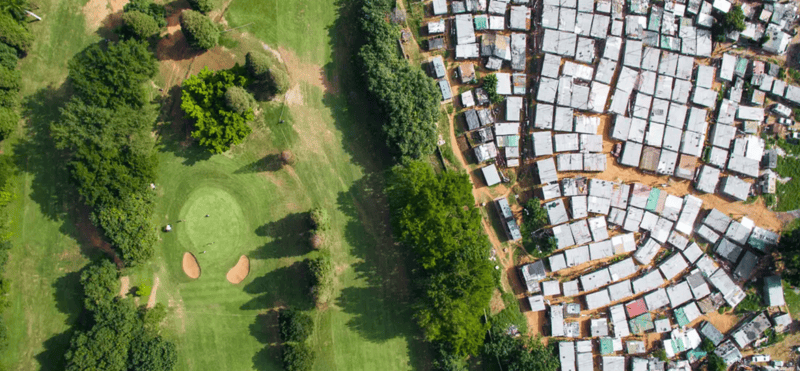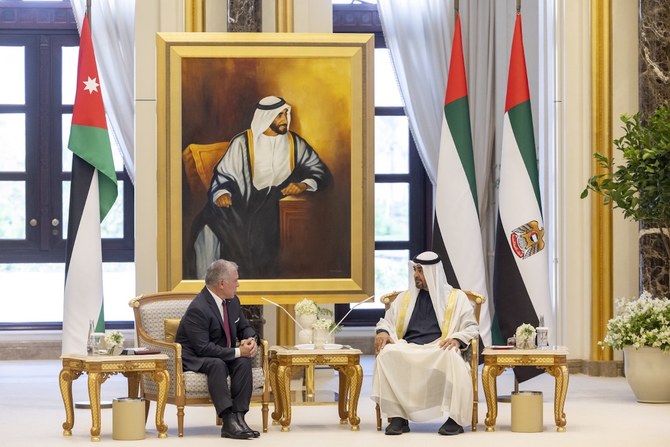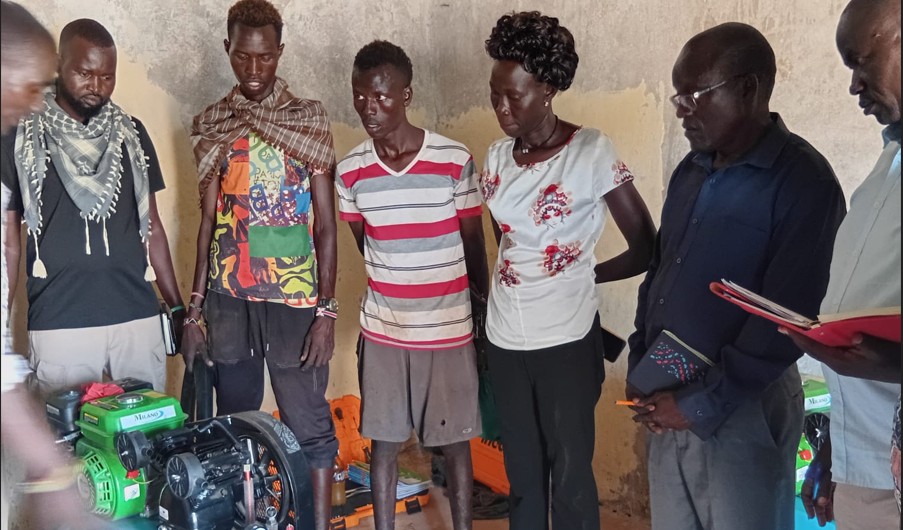One-on-one with Kenya's youngest and only Muslim lady in the Executive
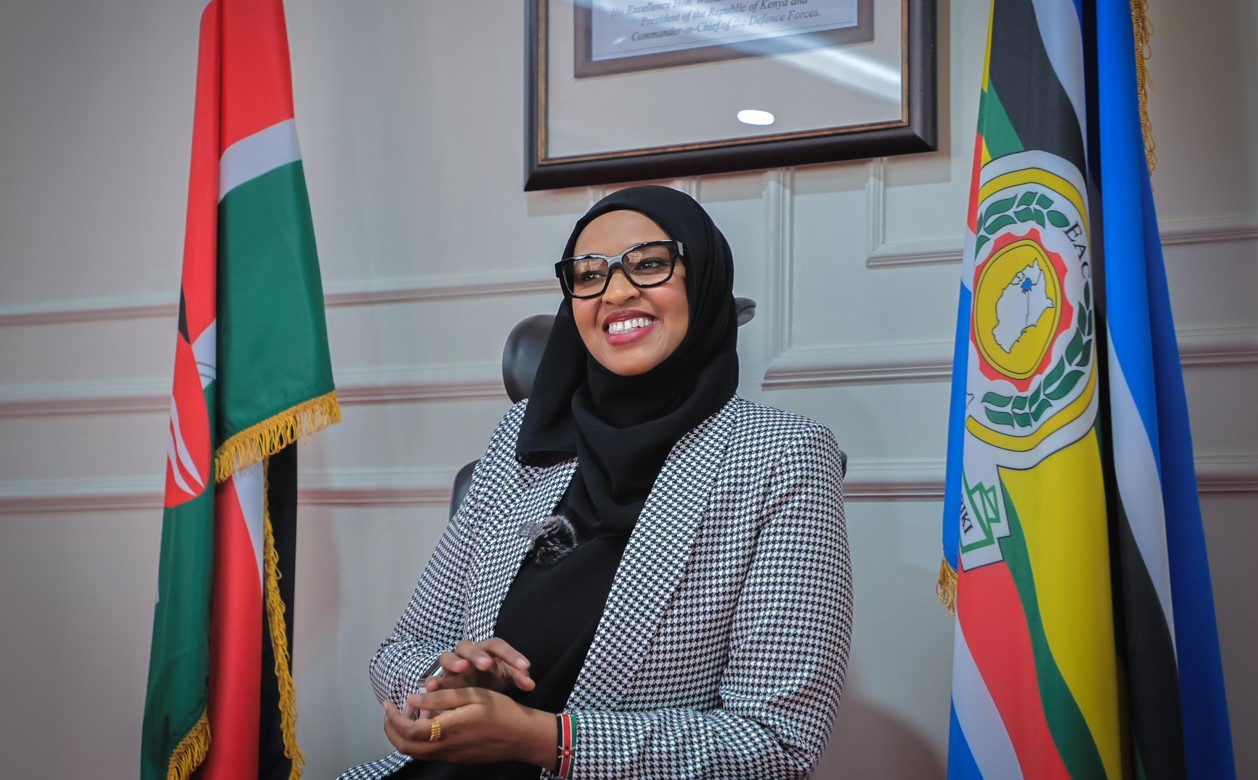
One of her proudest achievements is the restoration of the Wajir Museum, the only one in northern Kenya.
Ummi Bashir is the youthful and dynamic Principal Secretary of the State Department for Culture, Arts, and Heritage.
Ummi's appointment marks a significant milestone, as she is not only among the youngest person to hold the position but also the only Muslim woman currently serving as a Principal Secretary in the government of President William Ruto.
More To Read
- Safiya Saeed becomes Sheffield’s first black Muslim woman Lord Mayor
- Gender ministry faces Sh4.3bn shortfall amid rush to deliver Ruto's cultural agenda
- Culture and fitness: Finding the perfect gym for Muslim women
- 400 heritage sites in poor state amid funding shortfalls and neglect - PS
- Mashujaa Day: 142 to be feted as National Heroes Fund awaits activation
- Government allocates Sh100 million for new national dress design
Born in Wajir County, Ummi's journey to leadership is a story of dedication, hard work, and resilience. A lawyer by profession, she was admitted to the bar as an advocate in 2012. She holds a master's degree in Armed Conflict and Peace from the University of Nairobi and is presently pursuing her PhD in International Relations.
Balancing work and family life
Ummi is a proud mother of three children, balancing family life with the demands of her high-level government position.
As the second-born in a family of nine, she grew up moving from one county to another due to her father's job as a water engineer.
"I grew up in Wajir, but my dad was constantly transferred. We moved to different places – Isiolo, Mandera, and Garissa – as part of his job," she explained.
Her early education began in Nairobi when her family relocated to the city. She attended Westlands Primary School while her father worked at the Ministry of Water, and her mother taught at a special school in Kileleshwa.
She completed her primary school education at Al Huda in Kajiado before moving on to Moi Girls in Isinya for her secondary school education.
Law, she says, had always been her passion, and after completing her secondary education, she pursued a law degree to fulfil her dream.
After her graduation, Ummi embarked on a career that took her to various organisations and countries. She began with an internship at CARE International in Hargeisa, Somalia, before transitioning to work with the Ministry of East African Community.
Her career trajectory also includes stints with several United Nations agencies, including the United Nations Development Programme (UNDP) and the United Nations High Commission for Refugees (UNHCR).
Ummi also worked with the Mombasa and Wajir county governments, where she served as the chief officer for public service and labour.
Politics
In 2020, Ummi ventured into politics, joining the United Democratic Alliance (UDA). She was appointed vice chairperson of the party's national elections board, a position that put her at the heart of the political arena.
However, she never anticipated that this would eventually lead to her appointment as Principal Secretary.
"I had no idea I would be serving as a PS. It was the least of my expectations. But I always wanted to be someone of substance in the community," Ummi recalls.
Her appointment by President Ruto came as a surprise. Ummi vividly remembers the moment she found out. She was at home, having lunch with her father and husband when the news was announced.
"I couldn't believe it. I was shocked. Positions like these are usually held by people with more experience, PhDs, and strong political connections. I was just a girl in her thirties, trying to find my place in this world," she said.
Her father, recognising the magnitude of the moment, advised her to pray.
Inspire others
As the only Muslim woman among the 51 principal secretaries, Ummi feels a strong sense of responsibility. She sees her role as a unique opportunity to represent Muslim women and inspire others to pursue leadership roles.
"I feel like this is a chance for me to pull my sisters in the Islamic faith to see this as an opportunity. It's not just for men; it's for all of us," she emphasised.
Ummi hopes that her story will motivate other Muslim girls to aim high and realise that they too can achieve their dreams, no matter their background.
Since assuming her role, Ummi has focused on revitalising Kenya's cultural heritage. Under her leadership, communities across the country have held events to celebrate their cultural identities.
One of her proudest achievements is the restoration of the Wajir Museum, the only one in northern Kenya, which had been in a state of neglect for years. Today, the museum serves the wider northern region, including Garissa, Wajir and Mandera.
Ummi has also spearheaded various cultural festivals, including the Somali, Turkana and Maa festivals. She believes that such initiatives are crucial in preserving Kenya's cultural diversity for future generations.
"If we do not appreciate our identity, our children will never value their heritage," she remarked.
Despite the lack of a Cabinet Secretary in her ministry following Parliament's rejection of the President's nominee, Ummi and her team have continued to push forward.
"We have been working without a minister, but we do need someone to advocate for our agenda in the Cabinet," she stated.
Ummi has also addressed speculations regarding her political ambitions.
After organising a successful football tournament in Wajir County, there were rumours that she might be preparing for a political run in the 2027 General Elections. However, Ummi dismissed these claims, insisting that her focus remains on her current role.
"I am not seeking any political seat. The football tournament was purely about giving back to the community," she clarified.
Ummi remains committed to her mission of uplifting the Kenyan culture and inspiring the next generation of leaders.
Top Stories Today
Reader Comments
Trending
